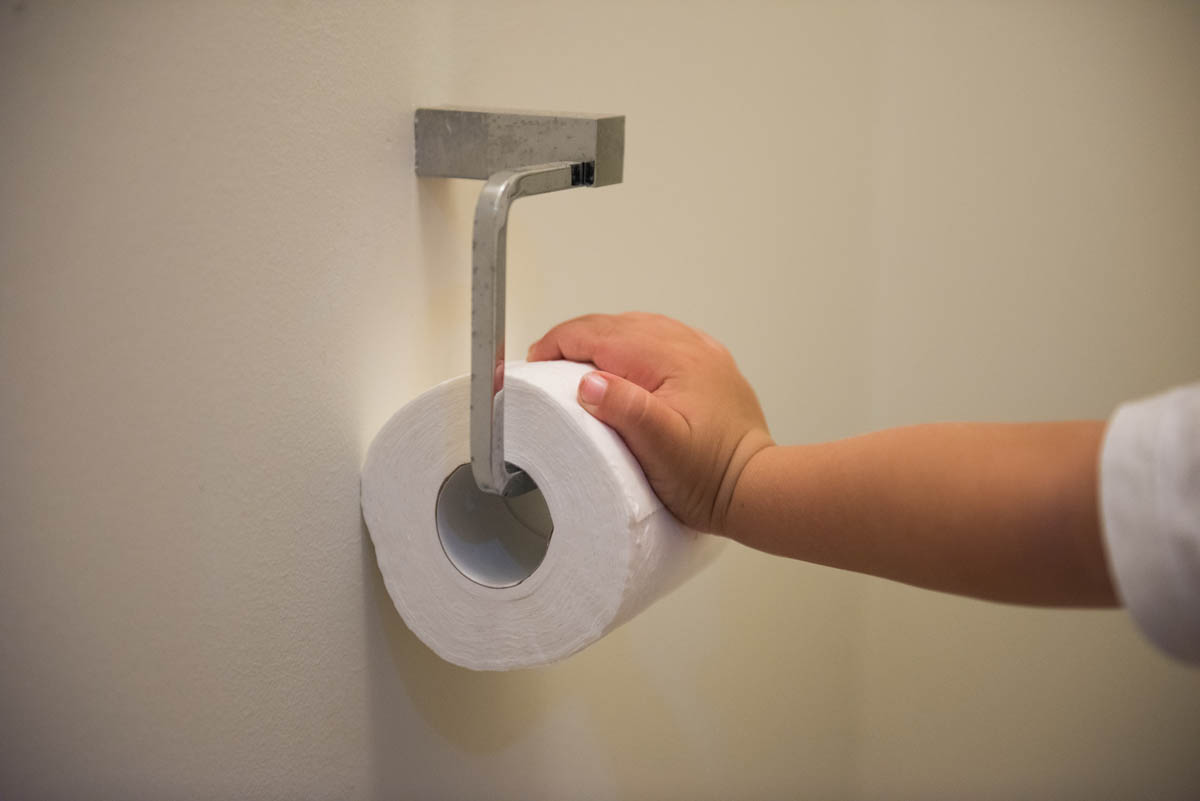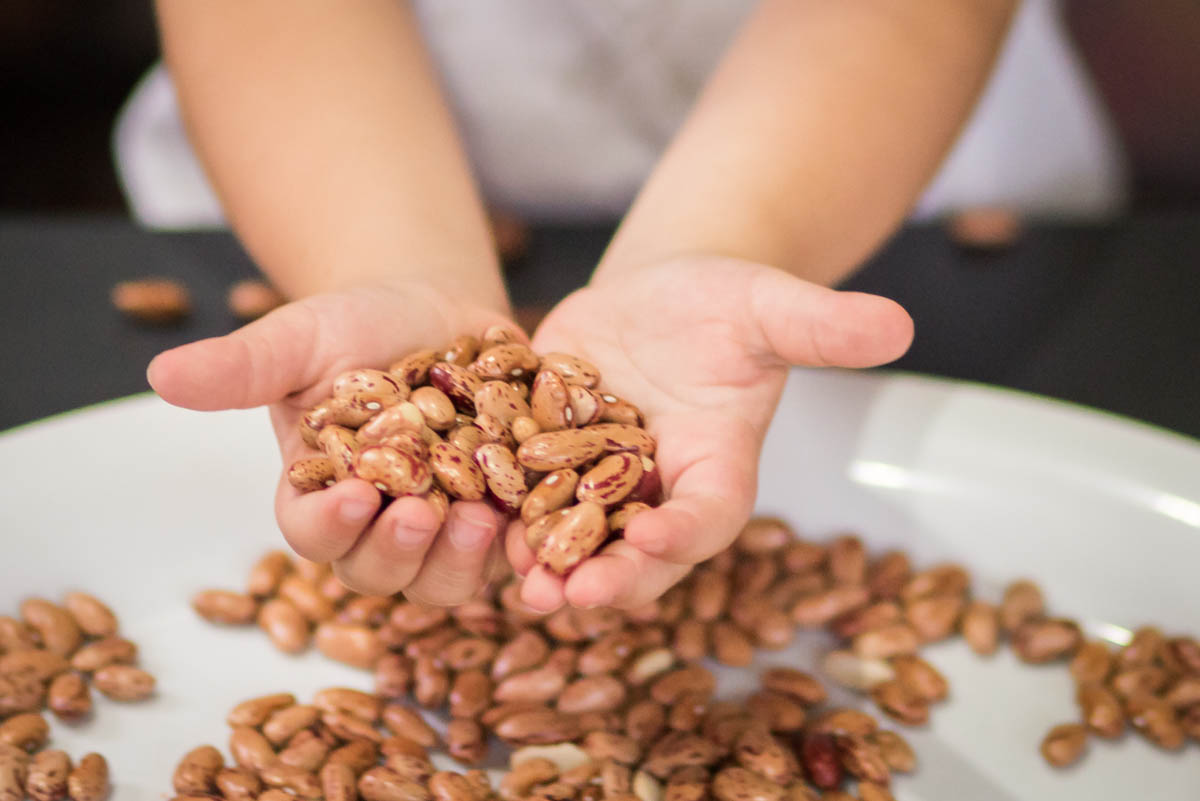Self Care
Managing Daily Activities and Toileting, Eating and Sleeping Plans
Comprised of an individualised program promoting independence in daily life skills, addressing the fussy eater, difficult sleeper, transitions from nappies or toilet accidents (day or night).
Other Daily Skills (OT’s call them ADL’s for Activities of Daily Living) that can require an individualised program and support for success and independence may include: dressing including buttons and zips, bathing, teeth brushing, hair and face washing, shoe laces, packing up, managing lunch boxes and school bags, homework or morning routines – in fact anything we need to do on a daily basis is our Occupation!
Our Approach
There are many building blocks in gaining success with daily activities:
- Physical skills: Hand and finger strength, control and manipulation, oral motor skills, coordination, balance etc
- Sensory processing and interoception: Can I feel what’s going on inside my body, can I filter what’s going on outside, can I make sense of what I see?
- Using language: Communicate needs and follow instructions
- Planning and sequencing: Understanding and memorising sequential multi-step task
- Cognitive: Thinking and understanding
- Motivation: Understanding motivational factors
- Emotional skills: Frustration management, goal- directed persistence
- Executive function: Attention and focus

How does it work?
Your Occupational Therapist will respectfully collect information on what is working well and what is not, and assess the underlying skills requirements. In addition, Occupational Therapists are experts in task analysis and assessing the need for environmental modification, and specialist assistive technology or equipment.

Steps we take.
Sessions are usually one on one. Frequently daily activities therapy will require home visit/s as this is the usual environment for these skills. A session note is provided afterwards and supported home practise activities are usually essential for success.

